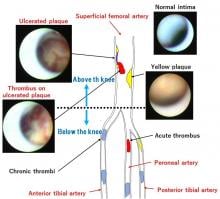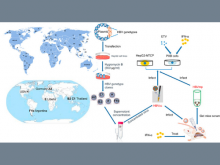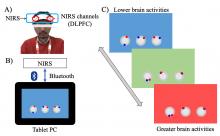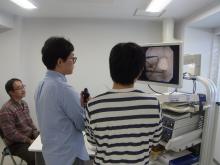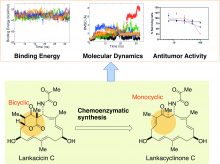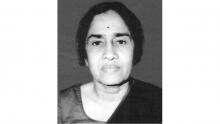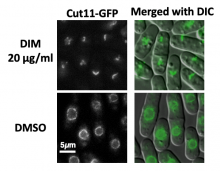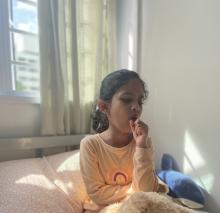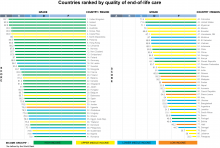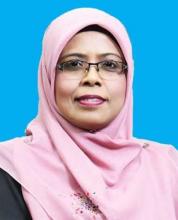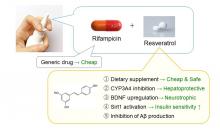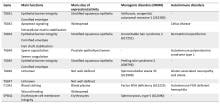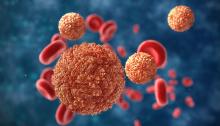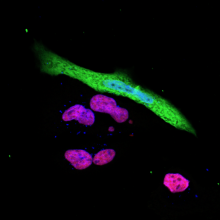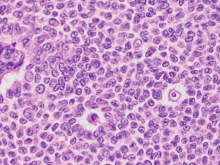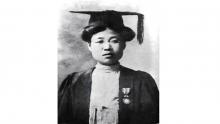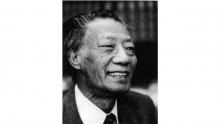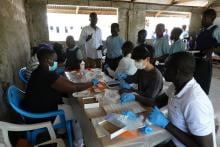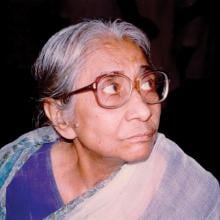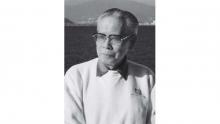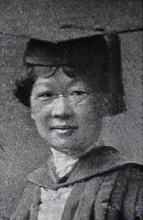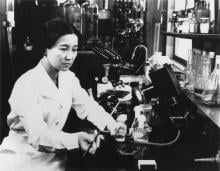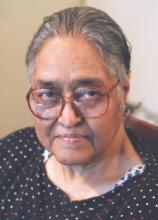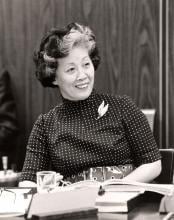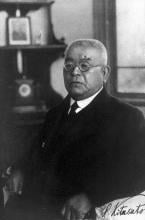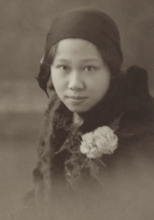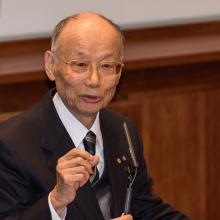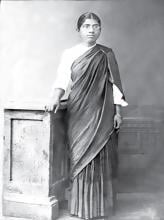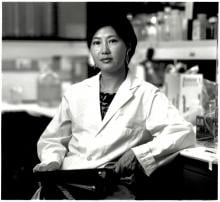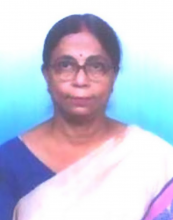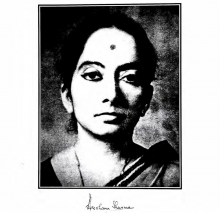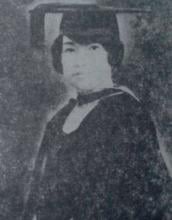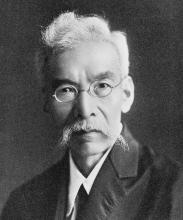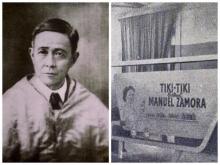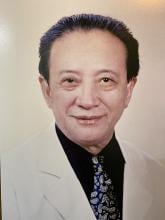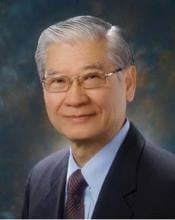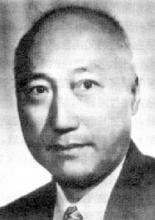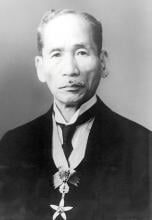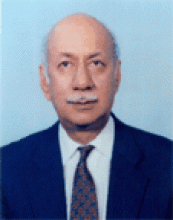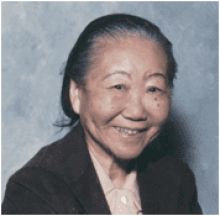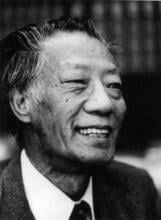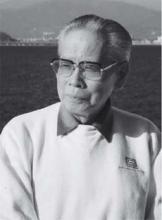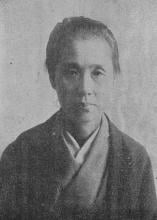Health
News
18 Feb 2022
New research finds the extent of arterial occlusive disease in the popliteal artery correlates with the prognosis of peripheral arterial disease in lower limbs. The study of 31 patients who underwent percutaneous angioplasty of femoropopliteal artery (FPA) proved for the first time that ulcerated plaque observed in the FPA during angioscopy is the source of the thromboembolic mechanism in the popliteal artery.
14 Feb 2022
Advancement in cell lines capable of producing Hepatitis B’s many genotypes can reveal much about the unique virological features and treatment responses eluding researchers of this virus that has been infecting humans as far back as the Bronze Age.
14 Feb 2022
With brain training games receiving much fanfare in recent years, scientists have been eager to explore their cognitive impacts. Now, a research group has developed a new brain training system that provides neurofeedback, allowing trainees to monitor their brain activity as they perform tasks.
11 Feb 2022
Low volcanic temperature ushered in global cooling and thriving dinosaurs, Broccoli compound induces cell death in yeast, A single molecule makes big splash in quantum mechanics, Dengue virus makes mosquitos bite more often, and Asia Research News: How it all began, all in the February's Editor's Choice
10 Feb 2022
An international research collaboration has discovered a potential new diagnostic marker for ulcerative colitis in a trans-ethnic analysis. The finding could lead to the development of a non-invasive, diagnostic blood test to both identify the disease and to determine progression in patients, according to the researchers.
07 Feb 2022
A large-scale study has found that simulation-based surgical training produced an increase of surgeons’ skills for more complex surgeries.
03 Feb 2022
Wastewater-based epidemiological tracking of COVID-19 in the Tokyo 2020 Olympic and Paralympic village showed that SARS-CoV-2 was present in areas without diagnosed individuals.
31 Jan 2022
Garden soil houses a variety of bacteria and their natural byproducts — including one that may help halt tumor growth. Lankacidins are molecules that can be isolated from Strepomyces rochei, a common bacterium in soil. In addition to antimicrobial properties, a type of lankacidins, called lankacidin C, can inhibit tumor activity in various cancer cell lines, including leukemia, melanoma, ovarian and breast cancers. Lankacidin C offers a potential foundation on which to design anticancer drugs, but its structure is complicated and difficult to manipulate, according to an international research group. The same group recently identified where antitumor activity is housed on the molecule and has now used that information to simplify lankacidin as a potential starting point to engineer treatments.
26 Jan 2022
Giants in History: In 1939, biochemist Kamala Sohonie (18 June 1911 – 28 June 1998) became the first woman to be accepted into the Indian Institute of Science (IISc).
24 Jan 2022
Broccoli may contain advantages beyond nutrition. A molecule found in broccoli, cabbage and more digests down into DIM, a compound with brighter benefits than the name implies, such as inducing cell death in breast, prostate and colon cancer. Now, researchers are beginning to understand the mechanism underpinning this molecular behavior — information that could help elucidate future anti-cancer treatments.
20 Jan 2022
A specific deep neural network model called Bidirectional Long-Short-Term Memory can use cough sounds to distinguish sick from healthy children, paving the way for preliminary screening.
19 Jan 2022
Researchers in Singapore and USA have developed a first-of-its-kind country ranking based on in-country experts’ ratings of the quality of palliative care services. The results reveal many countries have much room for improvement, including some high-income countries.
31 Dec 2021
Researchers at International Islamic University Malaysia are investigating whether the prognosis of severe head injury patients improves with early surgical opening of the windpipe to help wean them off mechanical ventilation.
29 Dec 2021
Giants in History: Filipina chemist María Orosa (29 November 1892–13 February 1945) fought malnutrition and food insecurity in the Philippines by devising over 700 culinary creations including Soyalac, a nutrient rich drink made from soybeans, and Darak, rice cookies packed with Vitamin B1, which could prevent beriberi disease caused by Vitamin B1 deficiency.
27 Dec 2021
Researchers from Osaka City University have shown in mice models of Alzheimer's disease, frontotemporal dementia, and dementia with Lewy bodies, that the intranasal administration of rifampicin and resveratrol in combination is safer and improves cognitive function more than rifampicin alone. The research results are expected to lead to the development of safe and effective nasal spray for the prevention of dementia.
23 Dec 2021
By searching for the protein transglutaminase 1 (TGM1) among patients with various autoimmune skin diseases, researchers have successfully identified a separate disease that
can be linked to autoimmunity against TGM1. This backward method
demonstrates a new way of identifying autoantigens as markers for various
diseases. By letting autoantigens point to the disease, diagnosis and
treatment can be facilitated, according to the study now published in PNAS.
21 Dec 2021
In a study of 280 patients who underwent transcatheter aortic valve replacement (TAVI), researchers investigated the 3-year prognostic impact of frailty evaluated by the Kihon checklist (KCL), a survey originally developed to identify elderly individuals who were at risk of requiring support within the Japanese long-term care insurance system. Results showed that the estimated 3-year mortality rate was significantly higher in individuals who ranked high on the KCL, showcasing the checklist as a simple tool to be used alongside other surgical risk scores, in identifying patients who are too frail to benefit from TAVI
15 Dec 2021
Zika virus infection hijacks glucose metabolism for its own good and to the detriment of infected foetuses.
14 Dec 2021
A prototype MRI machine that can be built at low cost and produces high quality neuroimaging is reported in Nature Communications. The machine can help provide access to MRI across low- and middle-income countries, as well as at the point of care.
10 Dec 2021
Asthma sufferers generally find their condition gets worse at night. Now a research group may understand why. Melatonin, a sleep hormone that is sometimes prescribed to treat insomnia, exasperates the constriction of the bronchus - the pathway that moves air to and from your lungs.
07 Dec 2021
Scientists at Hokkaido University and Texas A&M University have identified a key mechanism used by the SARS-CoV-2 virus to evade host immune systems.
03 Dec 2021
Examination of Japanese cases of gynecological cancer offers a better understanding of the profile of a rare ovarian tumor and could change treatment guidelines.
02 Dec 2021
Giants in History: Esther Park (1877-1910), born Kim Jeom-dong, was the first female Korean physician to practise modern medicine in Korea.
29 Nov 2021
Lingnan University (LU) in Hong Kong will confer honorary doctoral degrees upon four distinguished individuals in recognition of their outstanding achievements in their respective professions and valuable contributions to the well-being of society.
24 Nov 2021
Researchers from the Osaka City University Graduate School of Medicine have shown in patients with early-stage hepatocellular carcinoma who received cancer treatment that eliminating the hepatitis C virus with a direct-acting antiviral treatment reduces the risk of the liver cancer progression and increases overall patient survival.
23 Nov 2021
Giants in History: Min Chueh Chang (10 October 1908 – 5 June 1991) was a Chinese-American biologist who studied fertilization in mammalian reproduction.
19 Nov 2021
Poor sleep kills people through medical illnesses, traffic accidents (impaired concentration and decision making), and suicides (relating to mood disorders). Since joining The Education University of Hong Kong in 2015, Dr Esther Lau Yuet-ying, Associate Professor at the Department of Psychology, has been conducting a long-term research programme that sheds light on the underlying mechanisms of sleep deprivation and its negative effect on emotions, cognition and daily functioning. The findings have been disseminated via public media and workshops to education and government bodies and have led to changes in community attitudes and school policy. They have also resulted in the establishment and strengthening of clinical and consultation support for sleep health in universities and government departments.
16 Nov 2021
Scientists are turning to genomics to better understand the epidemiology of malaria and to inform control and elimination interventions and strategies. In the Lake Victoria region of Kenya, malaria burden remains very high despite more than a decade of intense control activities. A team of researchers from Osaka City University, Nagasaki University, London School of Hygiene and Tropical Medicine, and Mount Kenya University generated whole Plasmodium falciparum genome sequences from the lake region. Their analyses revealed that malaria parasites from this region appear distinct from other parasites from East Africa, while frequencies of known drug resistance markers were similar to those in other East African parasite populations. Their findings will help to develop improved surveillance tools to determine parasite transmission routes and aid clinical disease management.
15 Nov 2021
Giants in History: Indian organic chemist Asima Chatterjee (1917 to 2006) studied the medicinal properties of plant products, especially compounds known as vinca alkaloids.
11 Nov 2021
Giants in History: A Japanese surgeon, Tetsuzo Akutsu (20 August 1922 – 9 August 2007) built the first artificial heart capable of keeping an animal alive.
Events
Sorry, no events coming up for this topic.
Researchers
Sorry, no researchers coming up for this topic.
- « first
- ‹ previous
- 1
- 2
- 3
- 4
Giants in history
Chinese biochemist Chi Che Wang (1894 - 1979), one of the first Chinese women to study abroad, advanced to prominent research positions at American institutions including the University of Chicago and the Northwestern University Medical School.
Ruby Sakae Hirose (1904 – 1960) was a Japanese-American scientist whose research contributed significantly to our understanding of blood clotting, allergies and cancer.
Flora Zaibun Majid ( 1939–2018) was an accomplished Bangladeshi researcher in botany and nutrition science and the first female chairperson of the Bangladesh Council of Scientific and Industrial Research.
Iranian physician and bacteriologist Azar Andami (8 December 1926 – 19 August 1984) developed a cholera vaccine to combat an outbreak that swept through the Middle East, India, Southeast Asia, and Africa in 1937.
Irene Ayako Uchida’s (8 April 1917 – 30 July 2013) strides to understand genetic diseases such as Down syndrome paved the way for early screening of chromosomal abnormalities in foetuses.
Baron Kitasato Shibasaburo (29 January 1856 – 13 June 1931) was a Japanese physician and bacteriologist whose work led to a new understanding of preventing and treating tetanus, diphtheria and anthrax.
Maggie Lim (5 January 1913 – November 1995) was a Singaporean physician who promoted family planning and expanded the access to clinics to improve the quality of life for mothers and children in Singapore’s early days.
By isolating soil microorganisms and studying the compounds they produce, Satoshi Omura (born 1935) discovered almost 500 organic compounds with unique properties that were produced by these microorganisms, including many new antibiotics.
The founder of the Adyar Cancer Institute in India, Muthulakshmi Reddy (30 July 1886 – 22 July 1968), fought to uplift women and girls from impoverished situations.
Chinese-American virologist and molecular biologist Flossie Wong-Staal (27 August 1946 – 8 July 2020) was the first scientist to clone HIV and determine the function of its genes.
Maharani Chakravorty (1937 – 2015) was one of India’s earliest molecular biologists whose research paved the way for advances in the treatment of bacterial and viral infections.
Archana Sharma (16 February 1932 - 14 January 2008) conducted research into plant and human genetics that expanded the understanding of both botany and human health. In relation to botany, she uncovered the means by which asexually-reproducing plants evolve into new species.
The first Thai woman to receive a degree in medicine, Margaret Lin Xavier (29 May 1898 – 6 December 1932), is best remembered for her compassion towards her less privileged patients.
In 1915, pathologist Katsusaburo Yamagiwa and his research assistant Koichi Ichikawa became the first to prove that chronic exposure to chemicals can cause cancer.
Filipino chemist and pharmacist Manuel A. Zamora (29 March 1870 – 9 July 1929) is best remembered for his discovery of the tiki-tiki formula to combat beriberi, a disease caused by Vitamin B1 deficiency.
After witnessing death and suffering as a youth in his home village during World War II, Nguyễn Tài Thu (6 April 1931 – 14 February 2021) set his sights on alleviating pain by becoming a doctor. After studying Traditional Chinese Medicine in China in the 1950s, Thu returned to Vietnam to serve in military hospitals. Eventually, he became the country’s foremost practitioner of acupuncture, a technique he first learned by inserting needles into himself.
David T. Wong (born 1936) is a Hong Kong-born American neuroscientist who is best known for discovering the antidepressant drug fluoxetine, better known as Prozac.
Indian organic chemist Asima Chatterjee (1917 to 2006) studied the medicinal properties of plant products, especially compounds known as vinca alkaloids.
Hsien Wu (24 November 1893 – 8 August 1959) is widely regarded as the founder of biochemistry and nutrition science in China. He was the first to propose that protein denaturation was caused by the unfolding of the protein, instead of chemical alteration.
Umetaro Suzuki (7 April 1874 – 20 September 1943) was a Japanese scientist best remembered for his research on beriberi, a disease caused by vitamin B1 deficiency, characterized by limb stiffness, paralysis and pain.
Syed Qasim Mehdi (13 February 1941 – 28 September 2016) was a Pakistani molecular biologist who was a founding member of the Human Genome Diversity Project (HGDP), which assessed human diversity by studying human migration, mutation rates, relationships between different populations, genes involved in height and selective pressure.
Tsai-Fan Yu (1911 – 2 March 2007) was a Chinese-American physician and researcher who was the first female full professor at Mount Sinai School of Medicine. She discovered that gout, a condition characterized by the painful inflammation of joints, was caused by elevated levels of uric acid in the bloodstream.
Min Chueh Chang (10 October 1908 – 5 June 1991) was a Chinese-American biologist who studied fertilization in mammalian reproduction.
A Japanese surgeon, Tetsuzo Akutsu (20 August 1922 – 9 August 2007) built the first artificial heart capable of keeping an animal alive.
Ogino Ginko (3 March 1851 – 23 June 1913) was the first registered female doctor to practise modern medicine in Japan.


